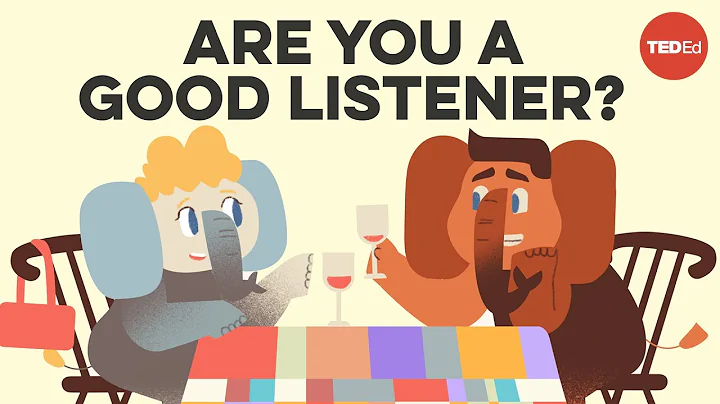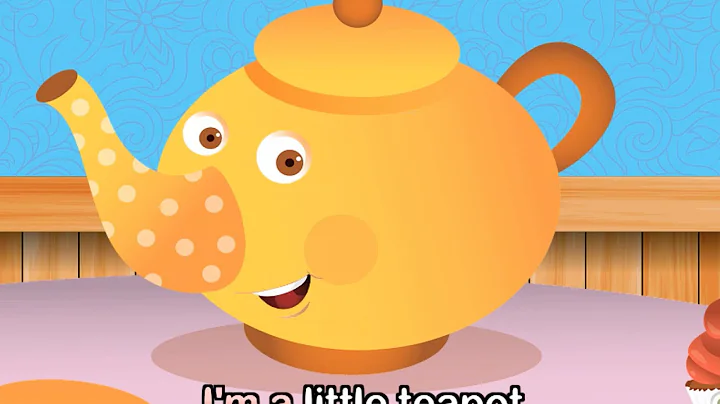What kind of children are considered to have language impairment?
Some children struggle with language understanding and expression, and have difficulty communicating with others. They have problems understanding or using pauses and rules, and the development of children's language skills lags significantly behind the level of their peers. Often accompanied by lag, stuttering , speechlessness, talking to oneself, etc. These difficulties seriously hinder children's normal communication, affect their communication, and have a negative impact on their entire psychological development.

Six kinds of children's language symptoms
1. Motor aphasia
Mainly manifested as labored, unfluent speech, sparse speech, telegraph style, and can only express basic meanings.
Patients with complete motor aphasia are completely speechless and cannot even pronounce individual words, words or syllables.
Patients with incomplete motor aphasia can generally produce individual speech sounds, but cannot form speech into words or sentences, nor can they arrange words and sentences according to grammatical structure. Therefore, the individual speech sounds they make are messy and cannot be understood.
For example: When greeting others, you should say "How are you!" However, people with incomplete motor aphasia may say confusing sentences such as "How are you!"
Some patients with mild motor aphasia often have language duplication disorder, that is, after a word or syllable is spoken, they are forced to say it automatically and repeatedly, causing the word or syllable to involuntarily break into the next word or syllable. in the production of language. For example, after asking the patient to say the word "rice" and then asking him to say the word "drink water", he will repeatedly say "rice... rice... rice..." rice, drink, drink... drink water. ...water...".
2. Sensory aphasia
is characterized by the inability to understand other people's speech, and sometimes he talks nonsense.
At this time, the patient's hearing is normal, but cannot understand what others and himself say When it is serious, the patient often talks incessantly alone, but the words are confusing and difficult to understand. The patient is unaware of his illness, which is similar to the symptoms of schizophrenia patients with mild mental disorder. Sometimes, patients can partially understand other people's speech, but often make mistakes. alexia and agraphia
3. conduction aphasia
is mainly due to the transmission of speech from the cerebral cortex to the speech center. The function of the conductive tract is impaired. The main symptoms are normal recitation, inability to speak, and preserved recitation function.
Children with this type of patient speak very fluently, but their writing and reading functions are incorrect. The patient can speak fluently. But it is not yet fluent, and if asked to write and read, it cannot read. At this time, there is the possibility of conduction aphasia, which is different from motor aphasia. It is called aphasia . Aphasia is known as this.
4. Alexia
Children with alexia have great difficulties in recognizing and understanding written or printed words, symbols, letters or colors. Just the opposite of aphasia. Children who can only speak but cannot write have partial functional impairment of the parietal lobe of the brain, resulting in the patient being unable to read text in books or newspapers.
Symptoms 1. Can read or write upside down;
Symptoms 2. Frequently miss words or repeatedly read wrong words when reading aloud without realizing it;
Symptom 3. Severe stuttering when reading aloud and cannot finish reading a very short text;
Symptom 4. Dare not read aloud and are extremely anxious about making mistakes. ;
Symptom 5. Unable to pronounce accurately, quickly and clearly or imitate the teacher's pronunciation.
5. Dysarthria
will cause fluent speech and slurred voice. If it is a cerebellar lesion, there will be cadence speech dysfunction.If it is caused by brain conduction tracts, there will be speech impairment with increased muscle tone. If it is a brainstem lesion, will have symptoms of cricopharyngeal muscle dysfunction, abnormal pronunciation, and hoarseness.
65% mostly occur in congenital conditions, such as cerebral hypoxia and brain damage . When a child is born, due to dystocia and other reasons, the child is hypoxic or brain damaged, causing the part of the brain responsible for language to be underdeveloped or abnormal, resulting in Language disorders in children are mainly characterized by delays in the onset and development of spoken language, or the lack of active language, and they can only passively answer questions with simple words. At the same time, they are often accompanied by intellectual deficiencies.
6. Language expression disorder
Children can understand what others say, but it is more difficult for them to express themselves. Sometimes you can hear sounds but don't know what they mean. You can learn them through gestures or postures, but you can't express them. Speech information processing is also relatively poor, and the speech is fluent, but the content is superficial, and the topic cannot be maintained during communication, and only focuses on one's own topic;
There are also some other children's language disorders, such as naming aphasia , often due to brain Caused by different cortical dysfunctions, it is manifested in the inability to name some things that are originally known, but can be expressed through the use of the thing, such as a cup. The cup cannot be expressed in words, but can be expressed by using it to drink water. In addition, there is another kind of language performance, which may be related to psychological factors. Stuttering symptoms will occur when you are nervous, fatigued, etc., and your language will become fluent when you are relaxed. How to avoid

?
1. Improve possible disadvantages in the parenting environment . When children are young, try to use only one language in a family, and do not instill multiple languages into children prematurely. For example: Some parents feel that living in a bilingual or multilingual environment is beneficial to their children's future learning, but if there is too much output, it will lead to undesirable effects such as undermining growth.
In addition, the primary caregiver should try to be loud, simple, clear, and repetitive when using language.
2. Develop an individualized training plan based on accurate assessment of speech, language development and intelligence development. For children with specific speech dysarthria, first determine the training target. Generally, the earliest sound (the easiest sound) for normal children among the error sounds is selected as the target sound, and through methods such as perception, comparison, imitation, maximum proximity, and practice, etc. Learn the phonemes and , and then learn appropriate syllables, words, and sentences based on the child's language development level. For children with receptive or expressive language disorders, training plans are formulated based on the theory of "closest to the developmental level" and the principles of behavioral shaping are used as training methods. Specific attention should be paid to combining one-to-one intensive training with learning in daily life situations and game situations, matching items and toys that children are interested in with words, and first creating various situations to encourage children to use any gestures or sounds. communicate, and then gradually correct their poor communication patterns.
3. Strive for family support and cooperation, actively carry out in-family training , parents and main caregivers play a vital role in children's language development and language therapy.
4.At the same time, attention should be paid to whether the child has hyperactivity, attention deficit, anxiety and other accompanying problems.
5. Language disorders are usually considered to be related to congenital causes, resulting in damage to the speech center, or due to abnormal articulation. requires the mother to have regular prenatal check-ups during pregnancy to prevent . If the child has similar abnormalities in the mother and fetus, she needs to go to the rehabilitation department as soon as possible.

would like to remind all parents that while their children are resting during the summer, they should always pay attention to the children's health status and growth details, and seek medical advice promptly if any abnormalities are found. I am Wang Bo, a pediatrician. I share children's health knowledge and scientific parenting every day. Welcome to follow and forward to favorites. Thank you. .





















